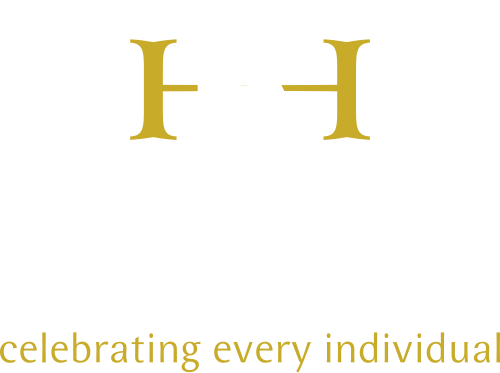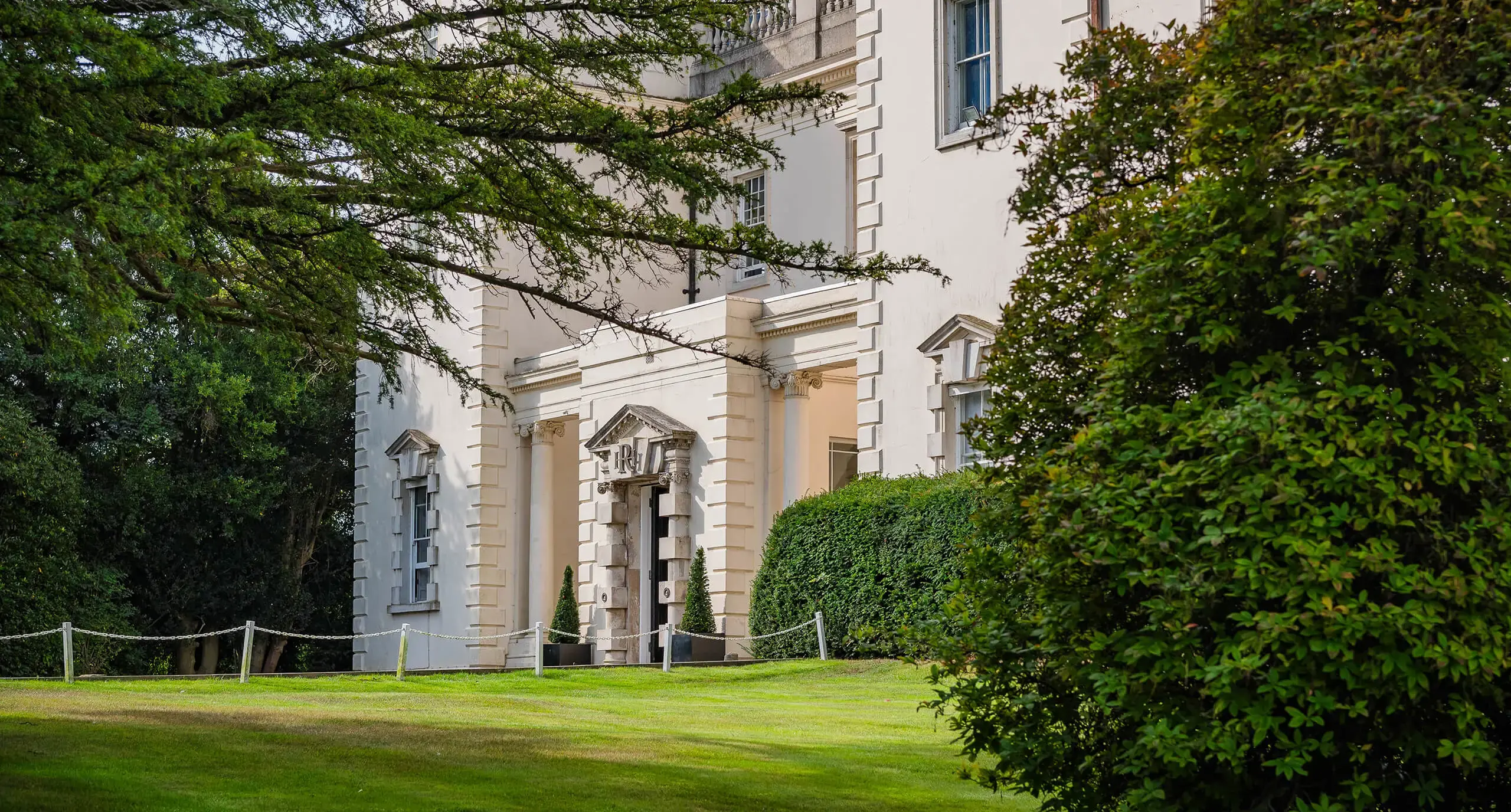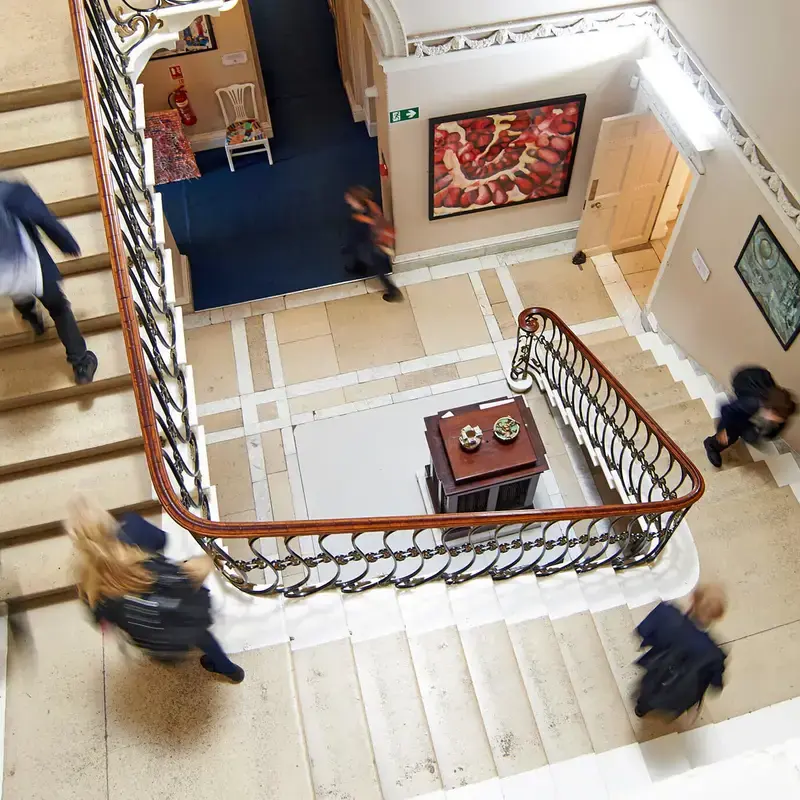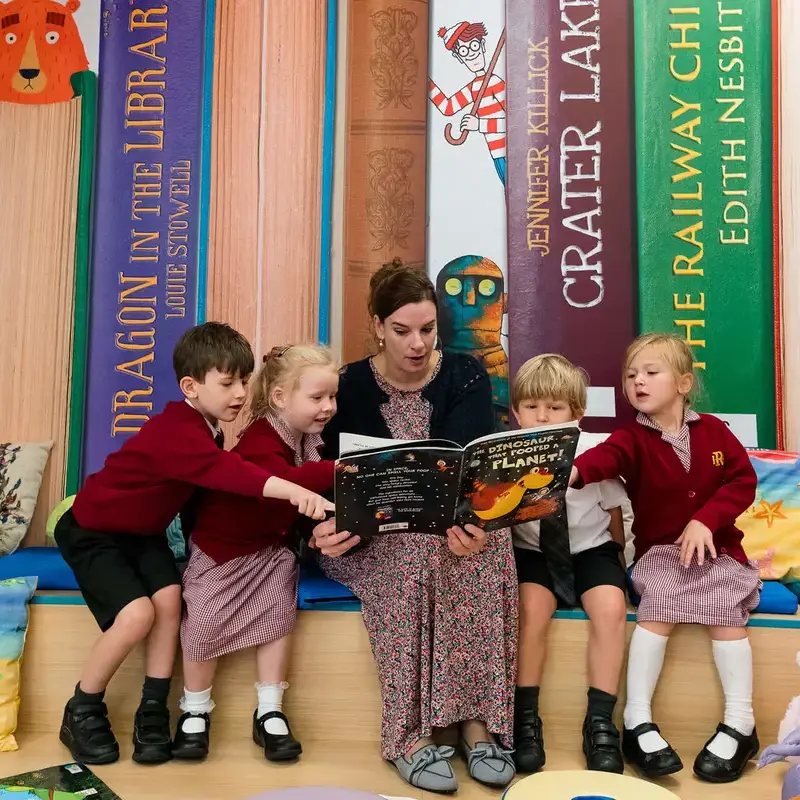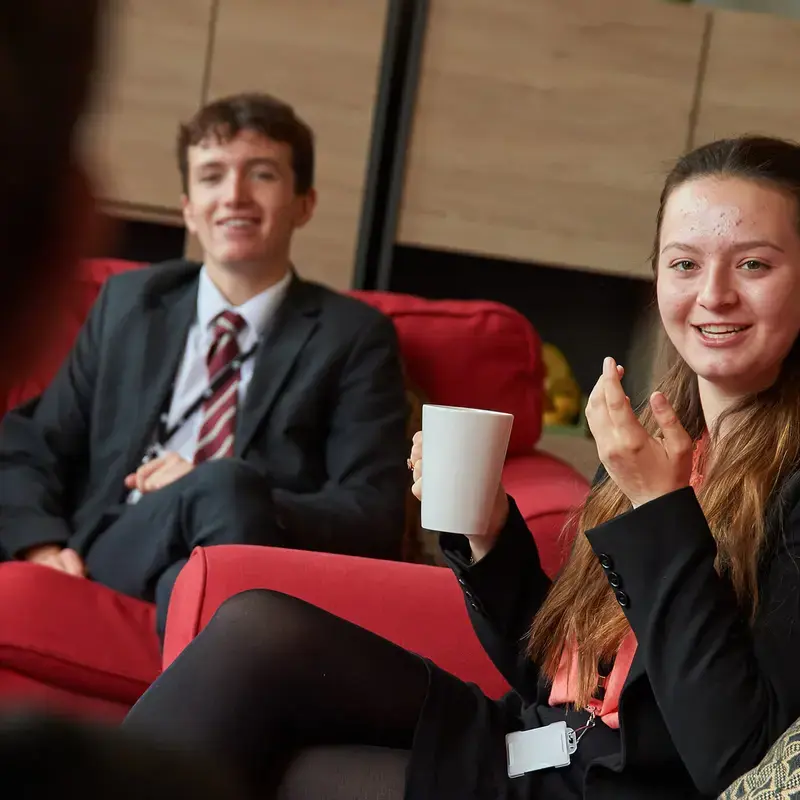Radnor Insights
-
Fri, 28 Nov 2025
In Conversations With Kevin Hanley: The Kind of Men We Want To Raise
As part of our Movember series, we sat down with psychotherapist Kevin Hanley, a specialist in men’s mental health from Kevin Hanley Counselling, to explore how masculinity is evolving - and what this means for the boys and young men at Radnor House Sevenoaks.
-
Thu, 20 Nov 2025
Why Radnor House Sevenoaks Offers A Levels
At Radnor House Sevenoaks, our approach to Sixth Form education has always been intentional. Every curricular decision we make is rooted in one question: What best prepares our students for life?
-
Wed, 12 Nov 2025
What Happens When Trusted Voices Falter?
Over the past week, the BBC's reputation has been under the spotlight as allegations of editorial bias continue to swirl. Senior resignations and intense public scrutiny have raised important questions about trust, impartiality and accountability. For children, these moments can be disorientating – if the BBC can get it wrong, who can they rely on?
-
Thu, 25 Sep 2025
Real Learning Real Impact The Lasting Value of Student Enrichment
At Radnor House Sevenoaks, we know that preparing children for the future is something we do together as a community. Academic lessons are vital, but true learning goes further - into the experiences, challenges and opportunities that shape character and confidence for life.
-
Thu, 11 Sep 2025
Building Strong Foundations for Academic Growth
Each September gives us the gift of a fresh start. New classes, new teachers, new routines - and with them, fresh opportunities to grow and discover what’s possible.
-
Thu, 11 Sep 2025
AI in Schools A New Era of Learning
Artificial Intelligence is poised to transform education more profoundly over the next decade than any technology before it. Schools, often the last bastion of tradition in a rapidly evolving world, still operate with many of the same structures and systems as they did a century ago. But AI offers a unique opportunity—not just to enhance learning, but to rethink the very purpose of schooling.
-
Thu, 11 Sep 2025
How to Let Go: Support Children Through New Beginnings
The start of a new school journey is a milestone for every family. For our children, it brings fresh opportunities: new friendships, new experiences and growing independence. For us as parents and educators, it stirs a mixture of pride, excitement, and - at times - a little anxiety.
-
Thu, 12 Jun 2025
What Does It Mean to Be a Global Citizen in 2025?
In today’s ever-changing and deeply connected world, raising children who are not only knowledgeable but also compassionate and globally aware has never been more important. Being a global citizen is about so much more than where you’re from or where you live - it’s a mindset. It’s about raising children who understand their place in the world, appreciate diversity, and are ready to contribute to a future that is fairer, kinder and more sustainable...
-
Thu, 22 May 2025
From Likes to Lows: The Emotional Toll of Online Validation
In today's digital age, social media has become an integral part of our lives, especially for adolescents. Platforms like Instagram, TikTok, and Snapchat offer a space for young people to connect, share, and express themselves. However, it's crucial to recognise that the quest for online validation through likes and comments can have a profound psychological impact, particularly on adolescents with mental health conditions....
-
Thu, 15 May 2025
It Takes a Village: How School Communities Can Transform Mental Health
In 2023, NHS England stated 1 in 5 children aged 7-18 years experienced poor mental health or had been diagnosed with a mental health condition, with these rates only projected to rise...
-
Fri, 13 Sep 2024
The Plan for Play: Putting Your Child in Charge
Children who play more are healthier, happier and more successful at school. Of course they are! Play is the language of children - a developmental necessity...
-
Fri, 13 Sep 2024
Why our children are the original large language models
You may know that before I discovered teaching, I started out in life as an investment banker. Well, I was a lowly analyst really, but I was fortunate in that I dealt with high tech advisory work for some interesting clients...
-
Fri, 13 Sep 2024
Navigating the Parenting Journey
When I finally look back on my life and consider the biggest challenge I experienced, my hunch is that raising three children will be at the top of the list...
-
Fri, 13 Sep 2024
Am I Heard?
I was reminded of the power of pupil voice recently when the Head Student sent me a list of the ideas we had discussed and the actions we had taken within our Student Council this year...
-
Fri, 13 Sep 2024
The Cost of One More TikTok Video
The opportunity cost of watching just one more funny cat video on Tiktok adds up to a tidal wave of missed social interactions and development opportunities that cumulatively have enormous and far-reaching positive benefits for children.
-
Fri, 13 Sep 2024
The Case for Collectivism
This blog is attempting to make the case for collectivism, to promote the shared joy that comes from being part of something larger than oneself.
-
Fri, 13 Sep 2024
What is Character Education and Why is It Important?
As we embrace the next wave of technological revolution, education outside the classroom, a character education, will be proven to be as important as the lessons taught within it.
-
Fri, 13 Sep 2024
Six Parenting Ideas for Making the Most of Summer
With the long summer holidays ahead of us, many parents will be wondering how to fill the days and keep their children entertained and productive. The following six ideas might provide some food for thought.
-
Fri, 13 Sep 2024
Maintaining Skills and Learning Over the Summer
The 'summer slide' is a phenomenon where children can lose some of the academic gains they made during the school year. But worry not, there is plenty you can do at home to minimise the effects of the long summer break!
-
Fri, 13 Sep 2024
Ready for School: How to Prepare Both You and Your Child for Day One
The first day of school is a milestone that marks the beginning of an exciting journey, not just for your child, but for you as a parent as well.
